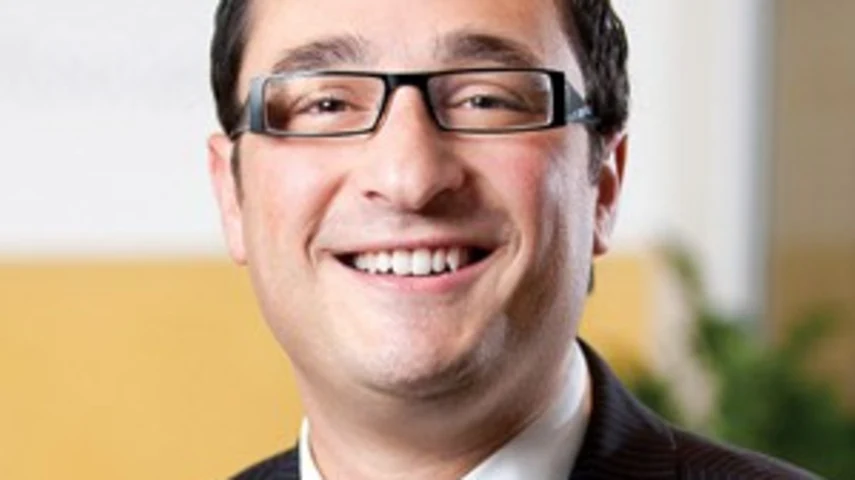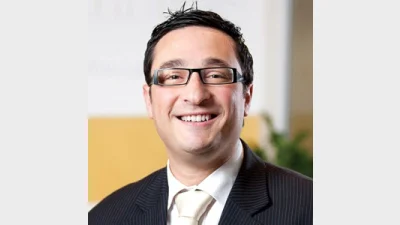Dealer groups focus on young planners



Many financial planning dealer groups are looking to reduce the average age of their planners as a way of "future proofing" their businesses.
The strategy is manifesting itself in recruitment programs aimed at attracting younger financial advisers - something which has already seen a reduction in the average age of their authorised representatives.
"Young individuals, whilst they may not have experience today, represent the future of our industry," said former chief executive officer of AFS Group, Peter Daly.
"Unless you bring them in at the right time and work with them, the reality is that you don't have a future," he said.
This reality hit risk-focused dealer group Synchron in 2007, when the analysis of the business showed the average age of their adviser-base was close to 60.
"We did our calculations and worked out that we wouldn't have a business if we didn't do something about it," Trapnell said in a recent interview with Money Management. "If we didn't lower the average age of a Synchron adviser, they would either die or retire away from us."
Synchron lowered the average age of its advisers to 49 in 2012 (with more than 80 of its authorised representatives being under 40) by introducing a program called NextGen, which specifically targets the learning needs of younger advisers.
Daly said the new generation of financial planners represented a succession plan for their older colleagues.
"I think there's a real opportunity for those going to university at the moment," Daly added.
Australian Unity Personal Financial Services (PFS) head of financial advice, Craig Meldrum, said the company specifically targets practices with room to grow, which are usually run by younger professionals.
As a result, he said, the average age of AusUnity PFS advisers is already under 50.
"There are many of those older and well-established practices that don't need [our program] because they're in a different place than we are," Meldrum said. "So it's been good for us in attracting younger practices and advisers."
Chief executive of TAL Retail Life, Brett Clark, said he had already seen the shift in adviser demographics.
He hopes to see TAL's recently rebranded advice arm grow into an "incubator for new advisers".
"I was quite surprised, when I attended recent conferences, at the number of younger and middle-aged advisers who were very excited about their career in advice and were doing very well," Clark said.
Both the Financial Planning Association (FPA) and the Association of Financial Advisers (AFA) have different memberships in place which aim to attract new and aspiring financial advisers.
The FPA has membership categories catering to students and future planners, while AFA's GenXt program - now in its sixth year - caters to those who have spent less than three years in the industry.
Recommended for you
Despite the year almost at an end, advisers have been considerably active in licensee switching this week while the profession has reported a slight uptick in numbers.
AMP has agreed in principle to settle an advice and insurance class action that commenced in 2020 related to historic commission payment activity.
BT has kicked off its second annual Career Pathways Program in partnership with Striver, almost doubling its intake from the inaugural program last year.
Kaplan has launched a six-week intensive program to start in January, targeting advisers who are unlikely to meet the education deadline but intend to return to the profession once they do.










